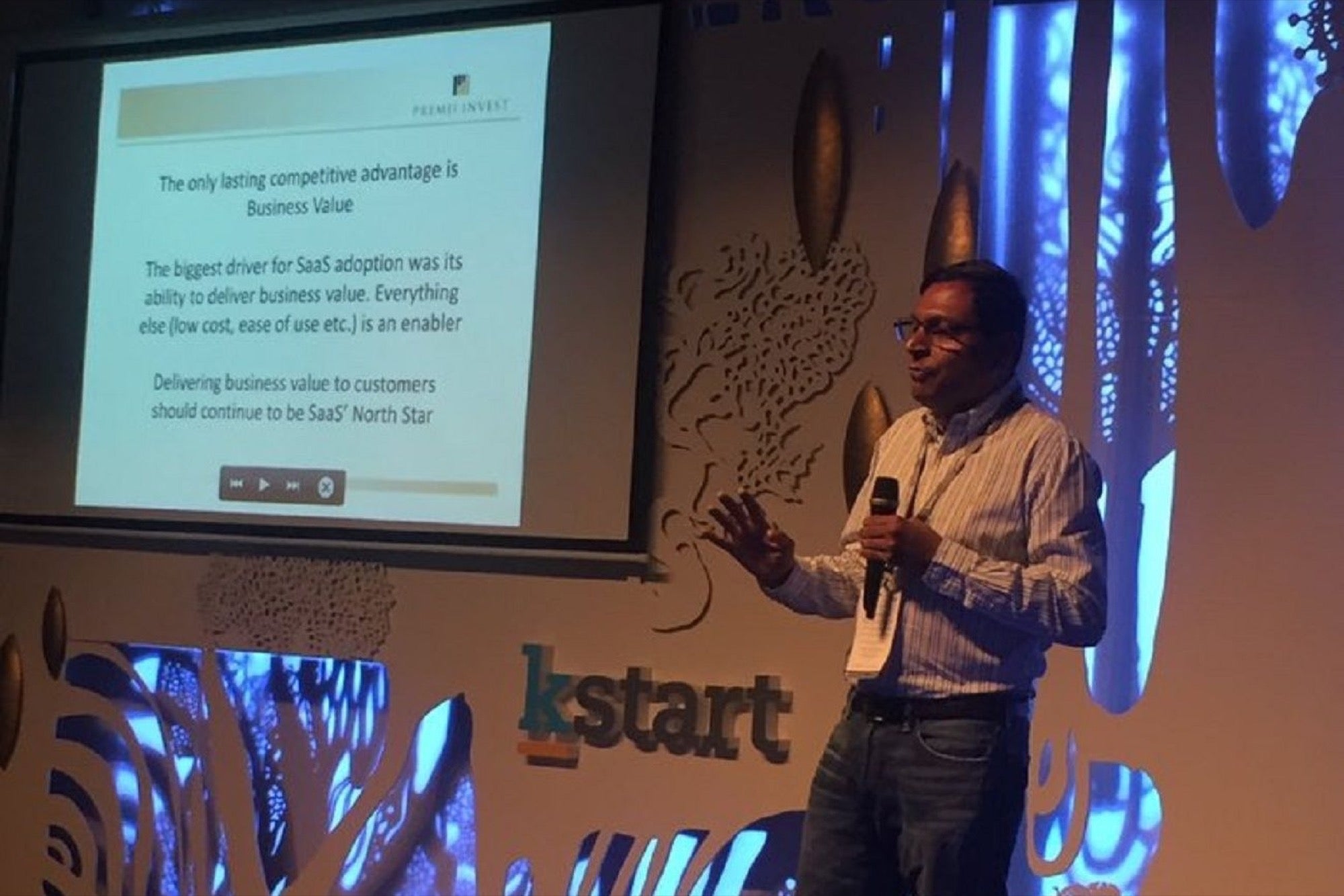'IT Cos Need to Break Their Businesses Into Two - Outsourcing & New Age Business' Employees who have the knowledge of technology and can solve end-to-end customer problems will survive the heat
You're reading Entrepreneur India, an international franchise of Entrepreneur Media.

India's IT services industry is witnessing a new wave of downturn with the top brass of companies slashing a large number of jobs along with the widespread apprehension about US President Donald Trump's decision on H-1B visa rules. While these problems exist, it's important for companies to amend operation processes and come up with new ways of job creation.
While speaking specifically on this with the Entrepreneur India, TK Kurien, Managing Partner and CIO of Premji Invest, mentioned some of the steps that large IT companies should take during this time.
Indian IT services companies have excelled in the art of helping organizations outside to expand. The market demand in the future is not about scaling up, it's about value addition, he said. "When it comes to value, you need to consider the kind of people you have and the thinking you need to do. You almost require a different skill set and a different organization to address this," Kurien added. The former Vice-President of Bengaluru-based Wipro Ltd has played various roles in the organization for over two decades before taking up his new role at Premji Invest in February.
"In my view, most IT services companies will move in a direction where they will require to break up their businesses into two segments. They will have an outsourcing business and a newage business. That's going to happen. Presently, they are fighting their own internal inconsistencies and doubts whether they should do it or not and this is a fact across the globe. It's about a matter of time and will continue for a year or two," he added.
Kurien believes that companies, which will survive this wave, will successfully facilitate the transition.
Talking about the current job scenario, he said the situation would not change very quickly. "Once you move from scale to value, the employees will start working to better the quality. In this way lesser number of people will be required than it is needed now," Kurien said.
According to Kurien, employees who have the knowledge of process and technology and can think of solving end-to-end customer problems will survive the heat.
Kurien was one of the key speakers at the SaaS Talks organized by Kalaari Capital.










